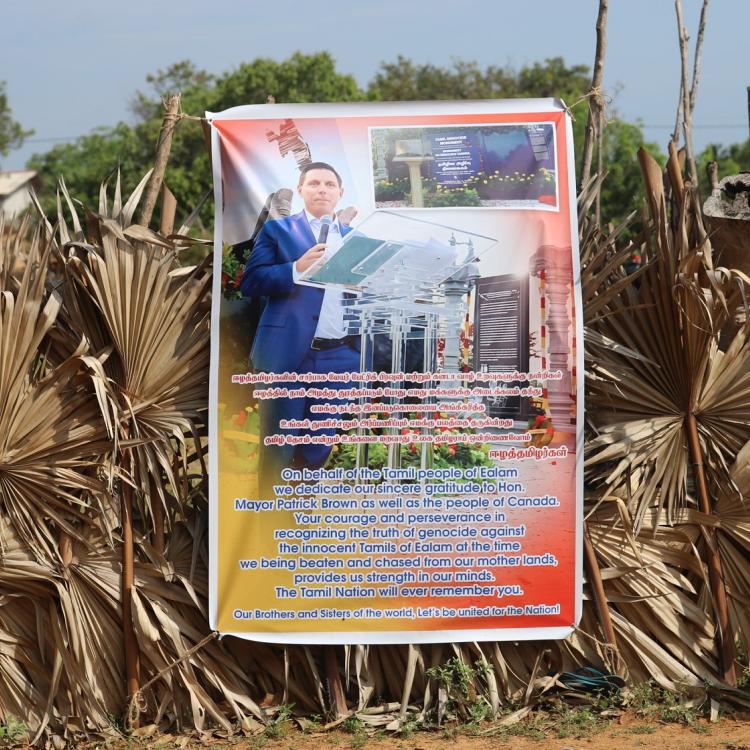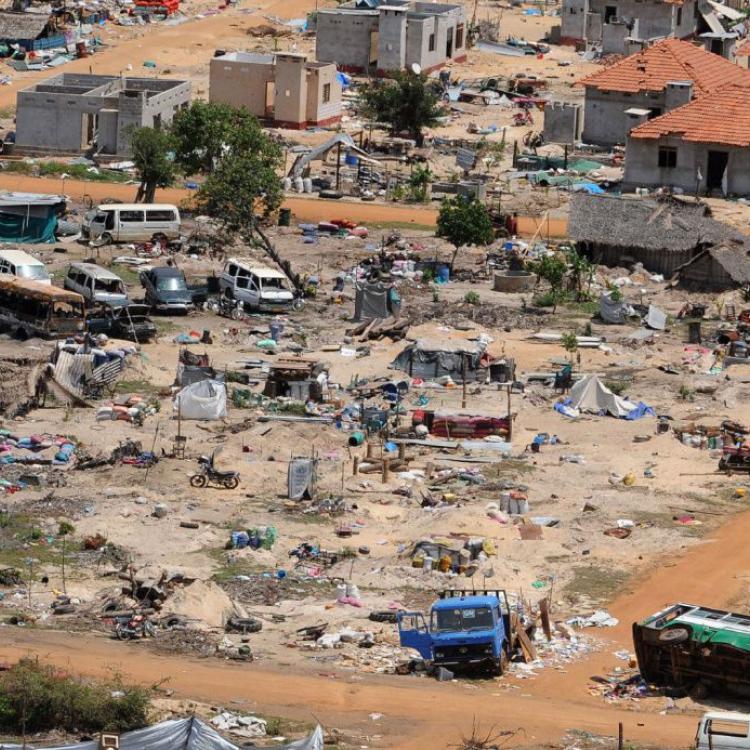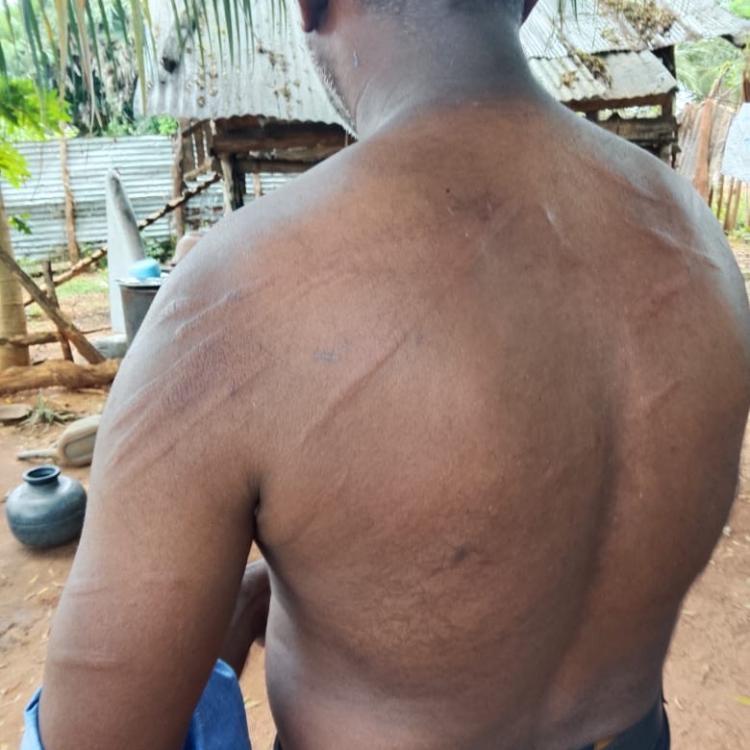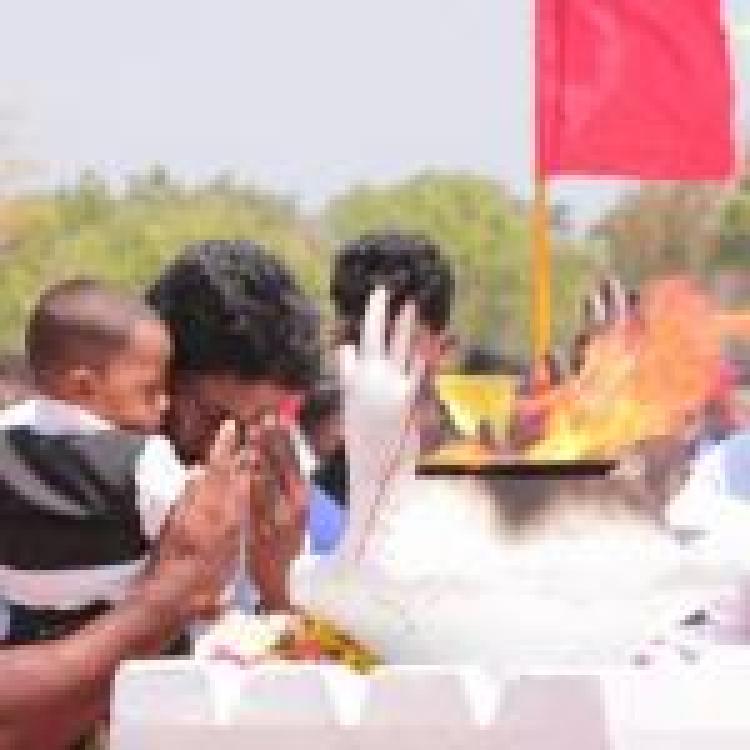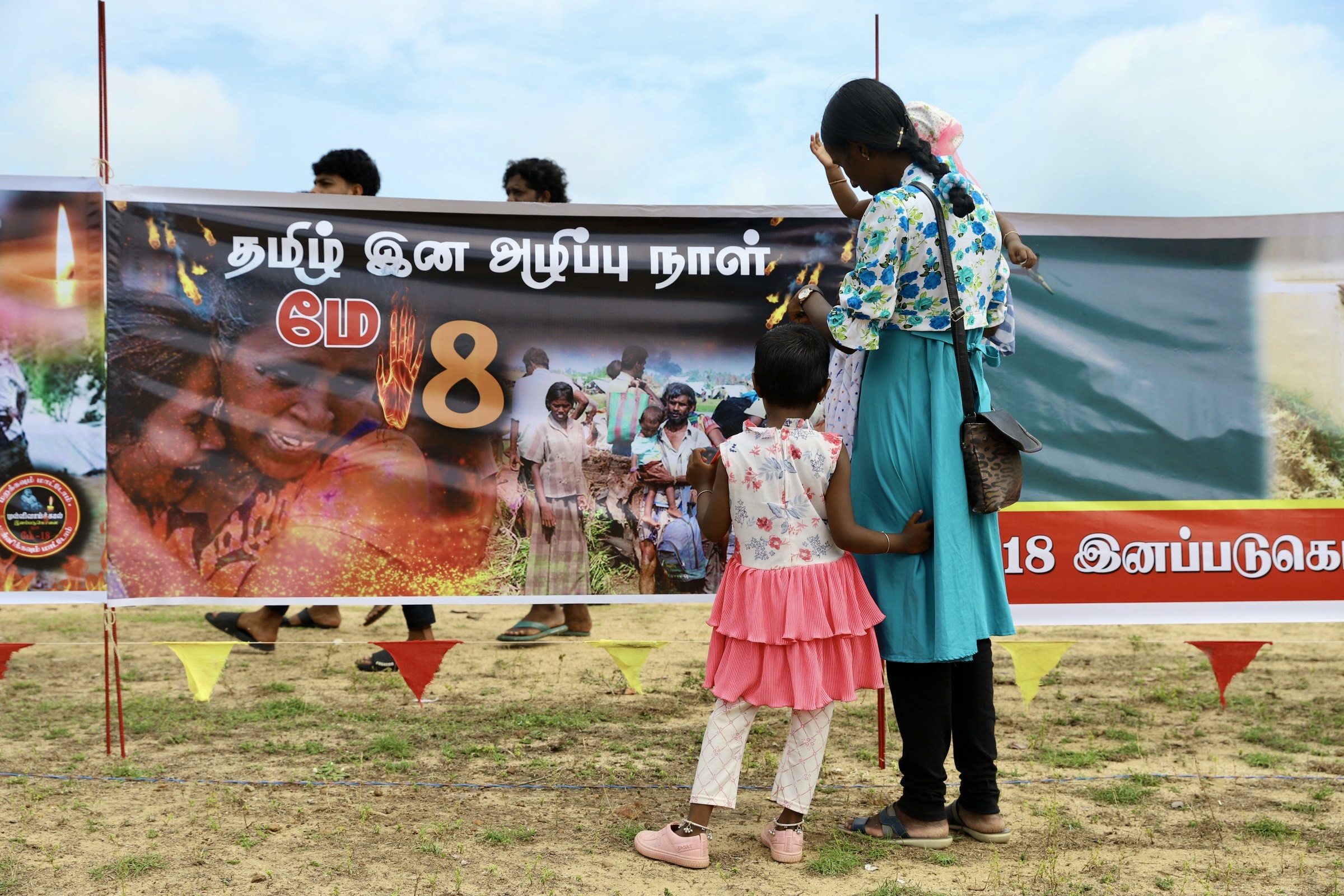
Marking sixteen years since the Mullivaikkal genocide, the Mullivaikkal Remembrance Public Forum released a statement on 18 May 2025, reaffirming the Tamil nation’s unwavering commitment to justice, self-determination, and resistance against continued structural oppression by the Sri Lankan state.
“Today, we gather on this sacred soil, soaked with the blood of our kin, to honour their dreams of freedom and to reaffirm our unwavering commitment to a nonviolent struggle against the systemic oppression of our people,” read the statement.
Mullivaikkal: A symbol of genocide and resistance
The Forum’s declaration described the events of May 2009 not as an isolated massacre, but as the culmination of a long, deliberate process of structural genocide. It identified the genocide as part of a broader, historically rooted campaign by Sinhala-Buddhist ultra-nationalism, sustained through military conquest, cultural erasure, and demographic transformation of the Tamil homeland.
“Sinhala-Buddhist majoritarian nationalism has, for over eight decades, systematically sought to subjugate and annihilate the Tamil nation of this island. As a result of this engineered structural genocide, Tamil Eelam is being steadily erased from existence.”
The statement criticised Sri Lanka’s unitary state structure as the political engine of this project - one originally forged under British colonialism, which consolidated governance to serve imperial interests.
“For its own geopolitical interests, the British Empire consolidated various governance zones and shaped Sri Lanka into a unitary state... Such a unitary model inevitably entrenches power in the hands of the demographic Sinhala majority, leading to systemic oppression and erasure of minority nations like the Tamils.”
From war to structural subjugation
The Forum declared that the genocide did not end in 2009 but simply shifted form. Where once there was open warfare, now there is “soft conquest” through military occupation, Buddhist institutional expansion, coerced development, and Sinhala settlement schemes.
“Before 2009, successive governments used military force to conquer Tamil Eelam. After 2009, that conquest continued through softer means... all serving the same genocidal intent.”
This transformation, the Forum argues, has been facilitated by silence and complicity from major global powers, who prioritised geopolitical alliances over Tamil lives during and after the genocide.
“While the Sri Lankan state bears primary responsibility for the genocide, nations such as the United States and the United Kingdom have been identified as complicit, having provided support or failed to intervene effectively during critical moments.”
Denial as the final weapon of genocide
The statement strongly condemned the current Sri Lankan government, led by President Anura Kumara Dissanayake, for denying the genocide and attempting to delegitimise Tamil political aspirations.
“The current Anura-led government is actively dismantling the collective political will of the Tamil people... This is no longer just political rejection but a deliberate psychological assault that frames Tamil ideals as incompatible with the global order.”
The Forum called attention to how memorialisation is obstructed, both within Sri Lanka and in the Tamil diaspora, and how Tamil nationalism is pathologised in state narratives.
“The war against faith in Tamil nationalism is more ruthless than even Mullivaikkal. It targets the very identity and collective will of the Tamil people.”
A call to unity and international justice
Reaffirming the need for unity, the declaration warned against Tamil political actors who distort or minimise the genocide, accusing them of enabling state narratives and undermining the liberation struggle.
“Tamil political parties that distort the truth of the genocide not only betray the Tamil liberation struggle but also serve the interests of the Sri Lankan state and global powers.”
The Forum emphasised that only through a united front grounded in Tamil nationalism can the people of Tamil Eelam resist erasure, restore dignity, and pursue meaningful justice.
“Today, history demands that we stand united under Tamil nationalism, not by erasing our differences, but by aligning our strategies for a common cause. This is the final choice history offers us.”
The Five Declarations
The statement concluded with a collective vow made from Mullivaikkal, the epicentre of Tamil resistance and remembrance:
1. To resist the Sinhala-Buddhist colonisation of our Tamil homeland and make Tamil nationalism a lived reality.
2. To pursue international justice for the Tamil genocide by holding the Sri Lankan state accountable and exposing the complicity of Western powers.
3. To assert that Tamils are a nation entitled to recognition, whose sovereignty and right to self-determination can never be diminished.
4. To halt the structural genocide aimed at dismantling the collective Tamil presence in Eelam.
5. And with steadfast belief in Tamil nationalism, to unite under one banner and continue our struggle against oppression, undaunted, relying on the strength of our people.

